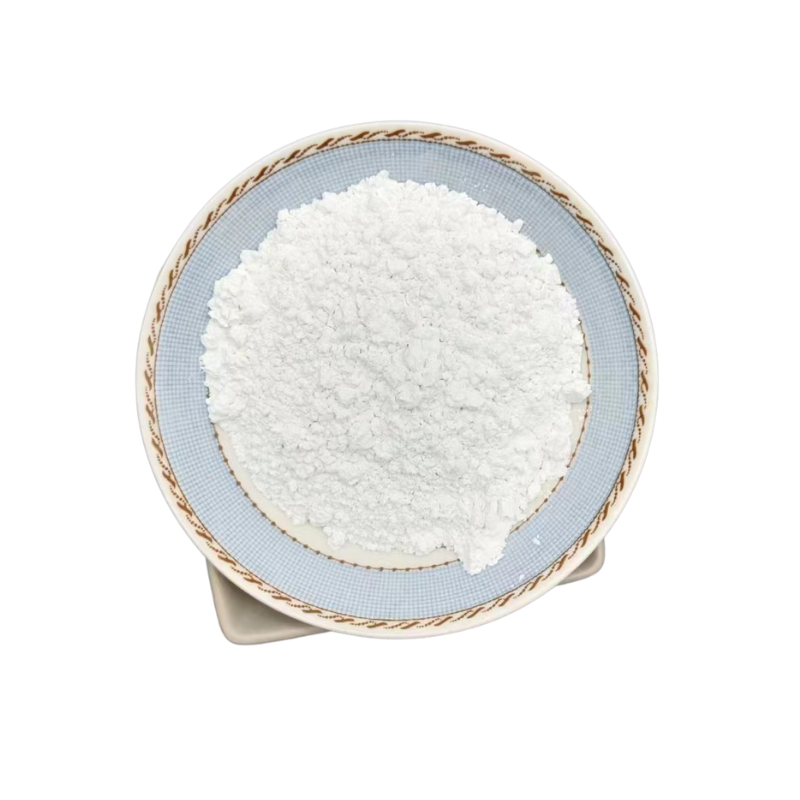
Optimal Perlite Use for Enhancing Citrus Tree Growth and Soil Quality
Perlite for Citrus Trees Enhancing Growth and Health
Citrus trees are prized for their vibrant fruits and fragrant blossoms, making them a popular choice among gardeners and commercial growers alike. To thrive and produce abundant yields, these trees require specific growing conditions, including well-draining soil. One of the best amendments to achieve this is perlite, a lightweight volcanic glass that offers numerous benefits for citrus cultivation. In this article, we will explore the advantages of using perlite for citrus trees and how it contributes to their overall health.
What is Perlite?
Perlite is a naturally occurring volcanic glass that, when heated to high temperatures, expands and forms lightweight, porous white particles. This unique structure allows perlite to retain moisture while facilitating excellent aeration in the soil. Due to its neutral pH and non-toxic nature, perlite is widely used as a growing medium in horticulture, particularly for plants like citrus.
Benefits of Using Perlite for Citrus Trees
1. Improved Drainage One of the most significant advantages of incorporating perlite into the soil mix for citrus trees is enhanced drainage. Citrus roots are susceptible to root rot if left in waterlogged soil. Perlite helps prevent this by creating air pockets that allow excess water to escape, ensuring that the roots remain adequately aerated.
2. Increased Aeration Citrus trees thrive in well-aerated soils that provide essential oxygen to the roots. The lightweight and porous nature of perlite improves soil aeration, promoting healthy root development. This is crucial for the overall vigor of the tree, as strong roots contribute to the efficient uptake of water and nutrients.
perlite for citrus trees

3. Moisture Retention While perlite improves drainage, it also has the ability to retain moisture. This is particularly beneficial in dry climates or during periods of drought. The expanded perlite can hold water, making it available to the roots over a more extended period without creating overly wet conditions.
4. Reduced Soil Compaction Over time, soil can become compacted, hindering root growth and water absorption. Adding perlite to the soil mix helps maintain its structure, preventing compaction and promoting a healthy environment for citrus roots to expand and thrive.
5. pH Neutral and Lightweight Perlite is pH neutral, which means it won’t alter the acidity or alkalinity of the soil mix. This characteristic is vital for citrus trees, which prefer a slightly acidic to neutral pH. Additionally, its lightweight nature makes it easy to handle and mix into existing soil.
How to Use Perlite for Citrus Trees
Incorporating perlite into the growing medium for citrus trees is relatively simple. A common approach is to mix perlite with other soil components such as compost, peat moss, and sand. A typical ratio might be 40% perlite, 40% compost, and 20% peat moss. This blend provides excellent drainage, aeration, and nutrient content, creating an optimal environment for root development.
Conclusion
Perlite is an invaluable resource for anyone looking to cultivate healthy and fruitful citrus trees. Its ability to improve drainage, aeration, and moisture retention makes it an excellent amendment for citrus growing media. By incorporating perlite into the soil, gardeners can foster robust root systems that contribute to the overall health and productivity of their citrus trees. Whether you’re growing lemon, lime, orange, or grapefruit, using perlite can lead to bountiful harvests and thriving plants, allowing you to enjoy the beauty and flavor of citrus fruits for years to come.
Share
-
Premium Talcum Powder Enhanced with GPT-4 Turbo | Soft & Long-LastingNewsAug.02,2025
-
Fly Ash Solutions Enhanced by GPT-4 Turbo | Sustainable InnovationNewsAug.01,2025
-
Natural Premium Bentonite Cat Litter - Superior ClumpingNewsJul.31,2025
-
Premium Resin Coated Sand - High Heat Resistance CastingNewsJul.31,2025
-
High Quality Silicon Carbide Grit for Abrasive ApplicationsNewsJul.30,2025
-
High-Quality Ceramsite for Plants & Gardening | Lightweight PebblesNewsJul.29,2025






